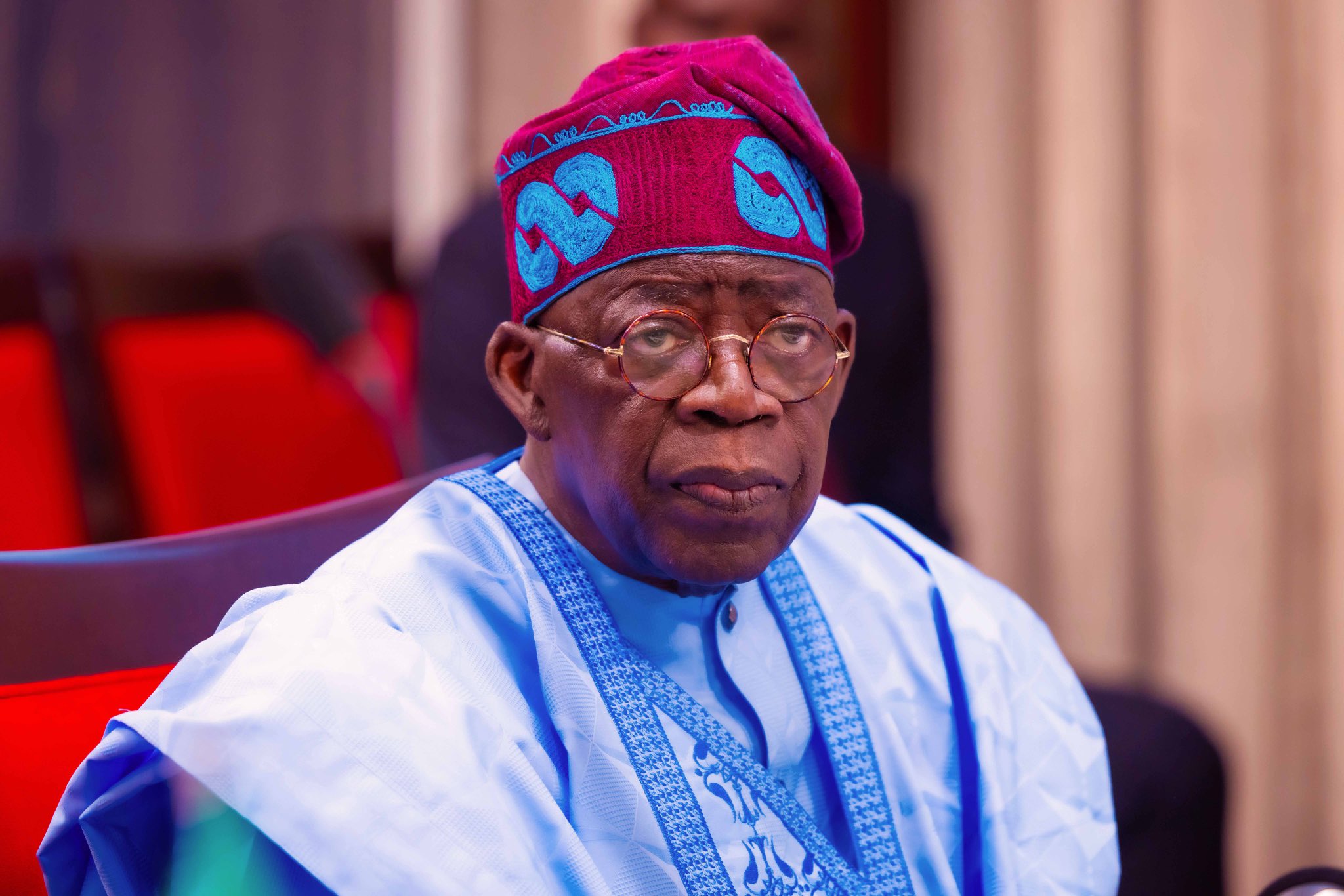The National Unity and Peace Corps (NUPEC) has urged the federal government to prioritize conflict prevention and climate change as national and international agenda, even as the world marks the United Nations day of peace.
Commandant-General of the corps, Dr Chinedu Nneji, made the appeal at the marking this year’s United Nations International Day of Peace in Abuja, Saturday with the theme ‘Climate Action for Peace’.
The NUPEC boss appealed for the establishment of Peace Corps in Nigeria to tackle the great concern between peace and climate change.
“We have to make conflict prevention and climate change higher up in our national and international agenda.
“This includes showing the political will and developing guidelines and policies regarding adaptation and making adequate funding available for this purpose. We have to improve knowledge and generate policy through dialogue at local, national, regional and international levels through research into the indirect local causes and consequences of violent conflict and climate change.
“We must prioritize policies such as the clamouring call for the establishment of Peace Corps in Nigeria and adaptation over mitigation, mediation and conciliation in fragile communities and states in order to address the consequences of violent conflict and climate change to prevent conflict.
“We must ensure that national adaptation plans of action are conflict-sensitive, taking into account the socio-political and economic context. Let us resolve to be better students in the school of peace, so that our homes and neighbourhoods, our country and our 21st century can radiate peace for the benefit of us all and the generation to come,” he charged.
Speaking further, he said: “There are very geeat human and social consequences of climate change. Many of the world’s poorest places face a double-headed problem of climate change and violent conflicts.
“In fragile countries, the consequences of climate change can interact with existing socio-political and economic tensions, compounding the casual tensions underlying violent conflict.
“Climate change is already upon us and the hardest hits are the people living in poverty, in undtable states under poor governance. Understanding how the the effects of climate change will interact with socio-economic and political problems means tracing the consequences of climate change.
“Statistics have shown that most vulnerable communities with the weakest adaptive capacity in fragile states. There are 46 countries in which the effects of climate change interacting with social, economic and political problems will create a high risk of violent conflict.
“There are 56 countries where governments will struggle to hand climate change. This creates high risk of political instability, with the potential for violent conflict in the longer term. International cooperation is required to support local action, both as a way of straightening international security and achieving the goals of sustainable peace and development,” he said.



